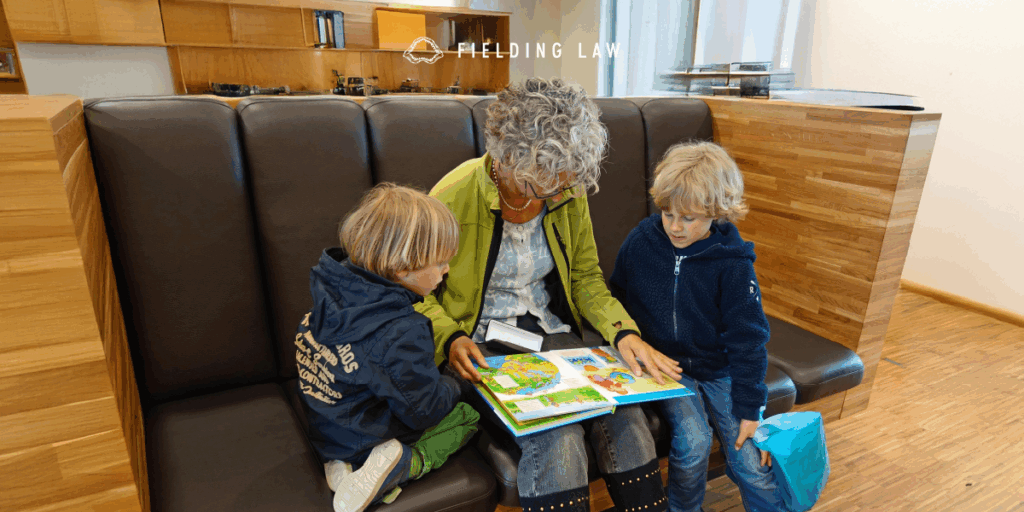
When Accidents Happen at Home
Parents trust babysitters, nannies, and in-home caregivers to keep their children safe. However, accidents can still occur. When a child is hurt while under someone else’s supervision, parents may question whether babysitter negligence played a role and what legal options exist.
Common Injuries While in a Babysitter’s Care
Even with precautions, children are prone to accidents. Some of the most common in-home injuries include:
-
Falls from beds, furniture, or stairs
-
Burns from hot liquids, stoves, or curling irons
-
Choking on food, toys, or small household items
-
Poisoning from unsecured medications or cleaning supplies
-
Cuts or scrapes from sharp objects or broken glass
These situations can quickly escalate, especially if the babysitter does not respond appropriately.
Who Is Responsible for a Child’s Injury?
Responsibility depends on the circumstances. If a babysitter leaves a toddler unsupervised in a bathtub, that could be considered babysitter negligence. On the other hand, if a child trips on their own toy while the sitter is watching closely, liability may not rest with the sitter.
Homeowners and renters also share responsibility. If unsafe conditions exist in the home, such as a broken stair, unsecured pool, or lack of childproofing, parents may bear part of the legal liability.
How Parents Can Protect Children and Themselves
Parents can reduce risks by:
-
Childproofing the home with gates, outlet covers, and locks
-
Giving clear safety instructions to the babysitter
-
Providing emergency contacts and medical information
-
Ensuring homeowner’s or renter’s insurance includes liability coverage
-
Hiring caregivers with training, references, and experience
Taking these steps can help prevent injuries and also protect families legally.
When Babysitters Are Not Liable
Not every accident results from babysitter negligence. Children are naturally active, and some injuries happen even when a caregiver is attentive. For example, if a child bumps into a wall while playing tag, the sitter may not be legally responsible.
Do Babysitters or Parents Have a Case?
Determining liability requires a careful look at whether negligence occurred. If the babysitter’s inattention directly caused the injury, a claim may exist. If unsafe property conditions were the primary cause, responsibility may fall on the homeowner or renter. A child injury lawyer can help parents understand if a case is valid.
Why Hire Fielding Law
At Fielding Law, we know how devastating it is when a child is injured. Our caring and capable team can review your case, explain your options, and fight for justice when babysitter negligence is involved. Call 833.88.SHARK for a free consultation.
Note: Information provided is for educational purposes and does not constitute legal advice. Always consult with a qualified attorney for legal concerns.
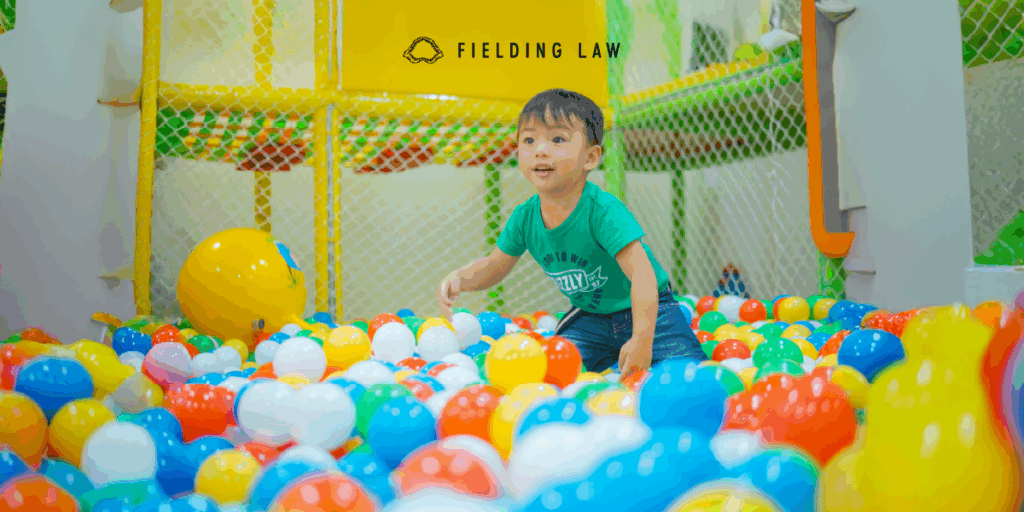


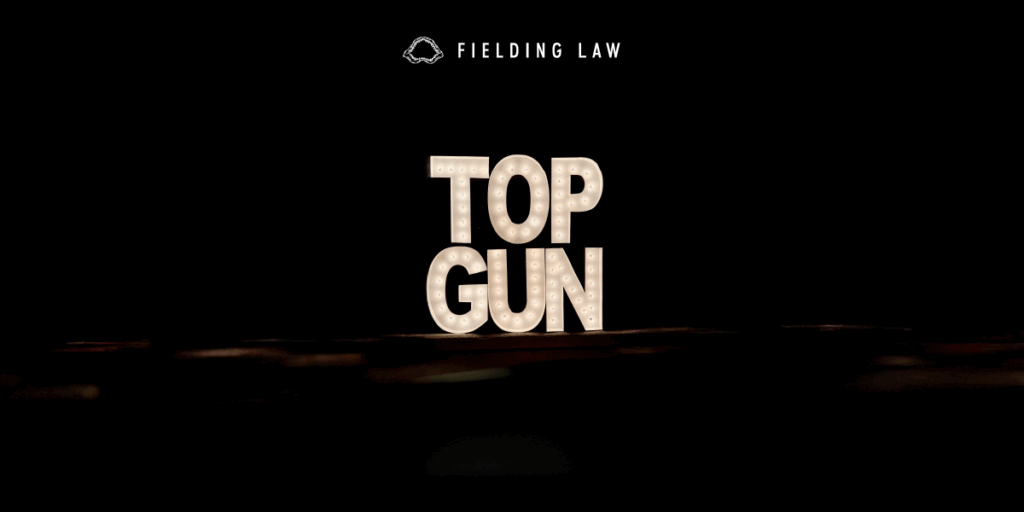
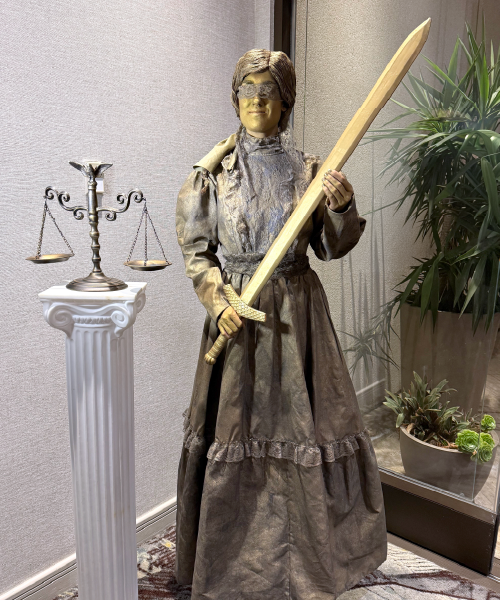

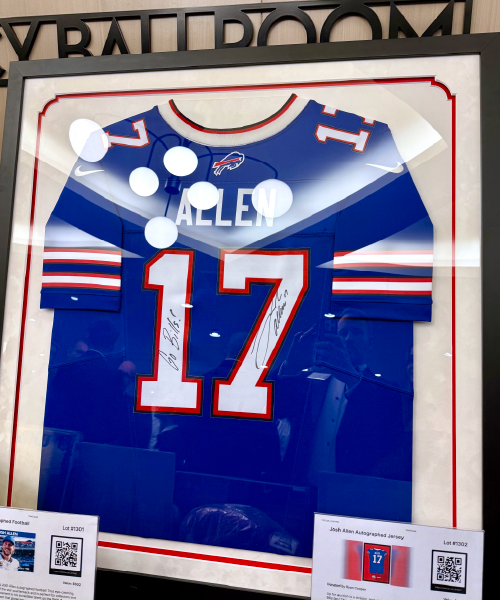

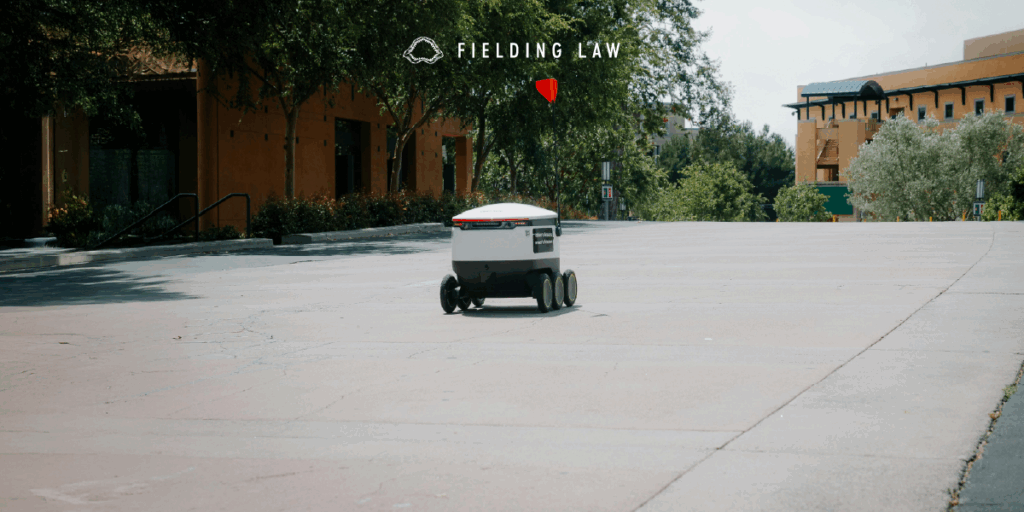
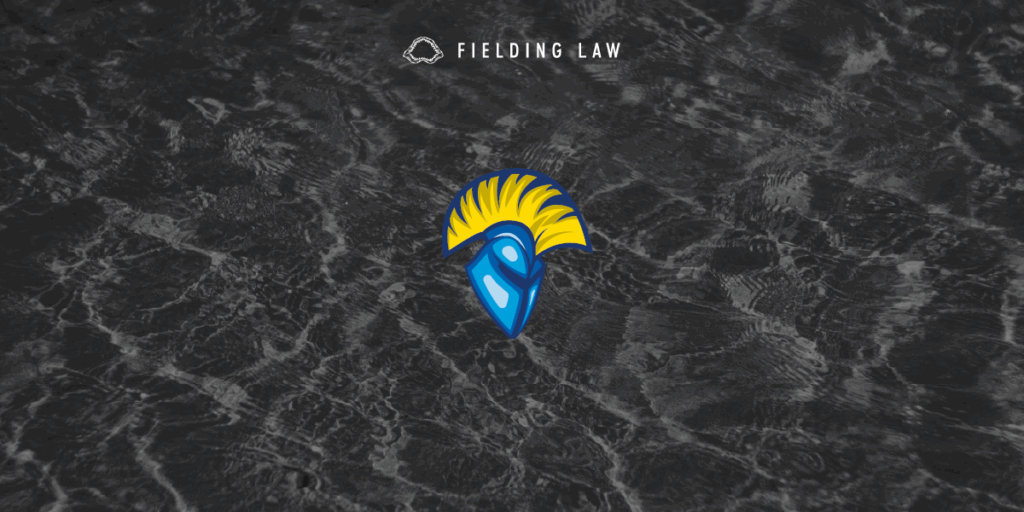


 Yelp People Love Us 2025
Yelp People Love Us 2025